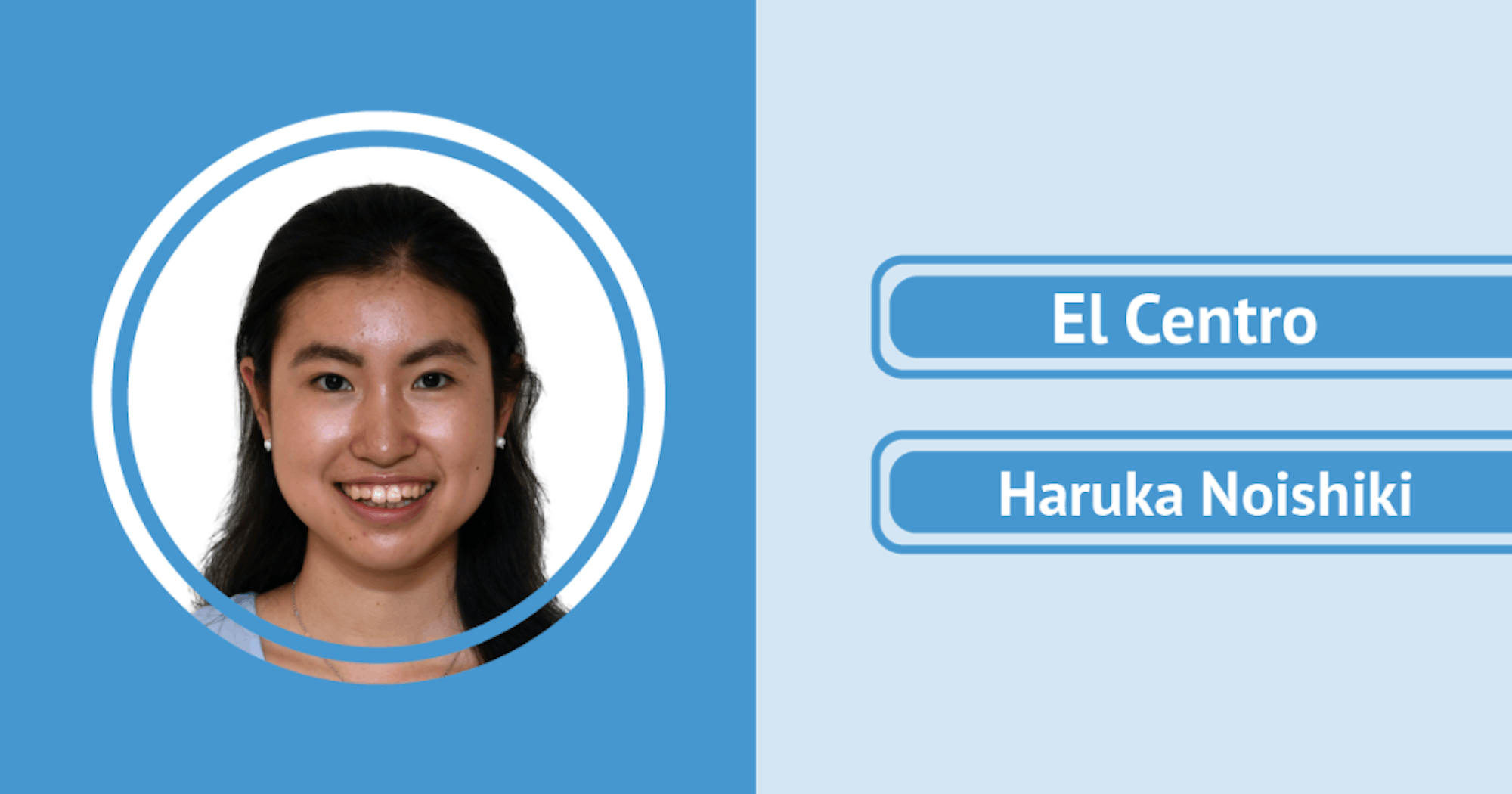Last week, I explored the value that Halligan and the computer science community has for me. It’s a space where I find supportive women. The undergraduate teaching assistants (TAs), students with more experience in the computer science department, proved essential to a computer science and international relations double major with whom I spoke. He finds that Halligan is a motivating, rather than stressful, space. That, perhaps, isn’t unrelated to the fact that he has befriended many of his TAs and finds his teachers to be invaluable mentors. He pointed out that Halligan is a small building, which brings students studying there closer together.
His opinion is backed up by junior Lawrence Chan, a computer science and community health double major who grew up striving to be, as his father or grandfather coined it, kind and honest. Lawrence explained that he likes Halligan for the TAs, both being one himself and having them around in the building. He explained that being a TA was beneficial to him, just as TAs are to students in the class. Last semester, I went on a mini-hunt within Halligan in search of the COMP 11 TAs. Under the stress of a deadline, TAs were often the reason why discussions sprung from silence among COMP 11 students. For those who do seek out the help, the TAs serve as the rivet in a way, both academically and in building community.
I spoke with sophomore Anita Lam, a declared computer science and intended cognitive and brain sciences double major who grew up oil painting. Her father had always ushered her in the direction of computer science, but because this encounter was the result of pressure, she initially hated it. A pivotal point in her computer science career arrived when her high school teacher, a bubbly soul that fit none of the stereotypical coder images, encouraged her to apply for an award given to women in technological fields. Seeing women in computer science is what encouraged her to continue in this often extremely competitive domain. For Anita, being out of the box was where she found her place. When she explained that she was passionate about helping the Women in Tech conference, since the community of women in computer science “mean[s] so much for [her],” her trust and love for this group of people within computer science was palpable.
Oddly enough, none of the computer science students I spoke to planned to stay in computer science indefinitely. They all mentioned that they want to stay in the field for a bit and either see how it pans out or bring what they learned in the computer science community into their graduate school experience in a different field. For instance, Chan explained that he strives to eventually attain a master's in community health and use his computer science skills and knowledge to contribute to the community health field at the graduate level. I understood this as yet another way that computer science builds up people, as it gives them the option to stay in the community or to leave it without any repercussions or sense of dread for the uncertainty after that.
El Centro: Deeper into Halligan






